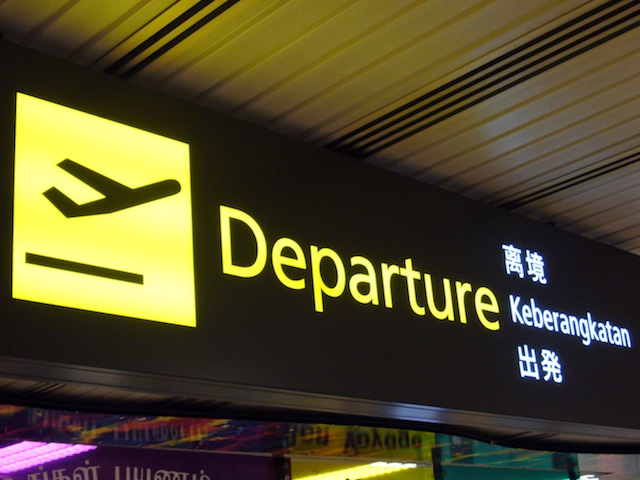A few days ago we looked at how giving marketing and communications control to Facebook was a mistake for businesses.
It seems US entrepreneur Mark Cuban agrees and he’s moving his basketball team, the Dallas Mavericks, and the 70 businesses he’s invested in away from Facebook onto other social media channels like Tumblr or even MySpace.
The final straw for Cuban was Facebook wanting to charge $3,000 to reach a million of the Maverick’s online fans.
Facebook’s response that the sponsored post program is not just about the service’s revenue, but also to reduce noise and spam has merit
Last week tech uber-blogger Robert Scoble complained about the noise on social media and many users agree as they find their social media services and email inbox clogged with messages.
Reducing irrelevant noise is essential for any online service to succeed. No-one likes to spam or be spammed and many startup social media platforms have failed because they’ve killed their brand by spamming users and their contacts.
In this respect social media is like journalism – it has to be timely, relevant and useful to its users. If it isn’t the readers will leave and the advertisers will soon follow.
The worry for Facebook’s investors is that the service could be caught between making no money from its massive user base and getting a reputation for irrelevant spam.
Could it be that Facebook has more in common with newspapers and other “old media” than we thought?




